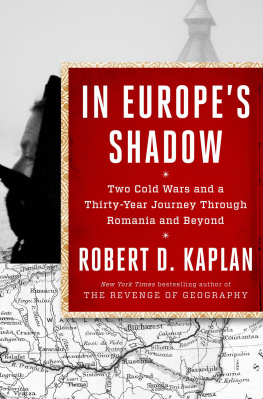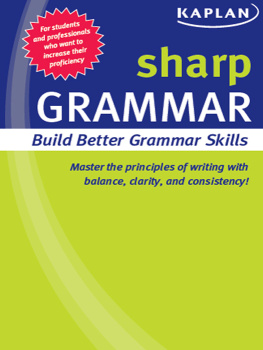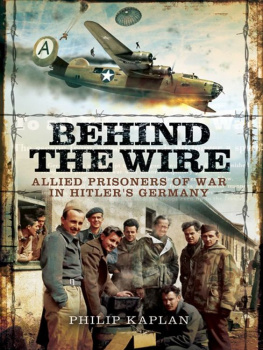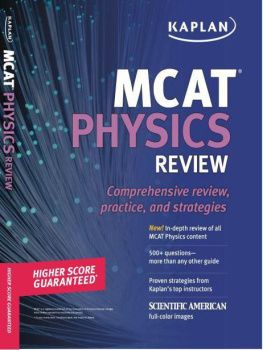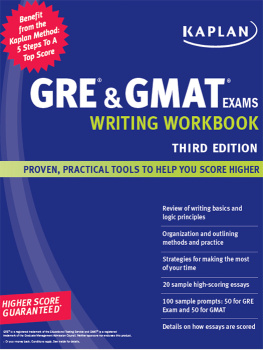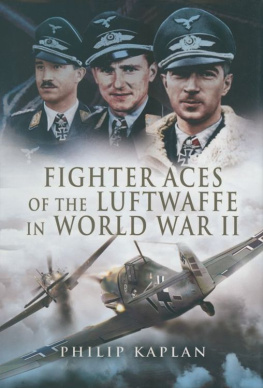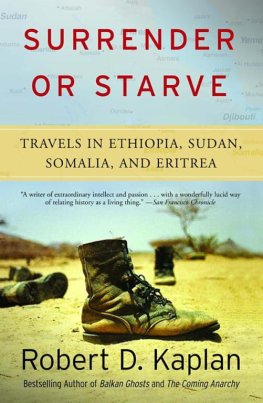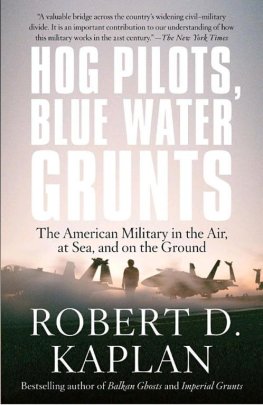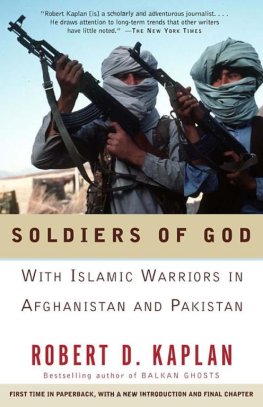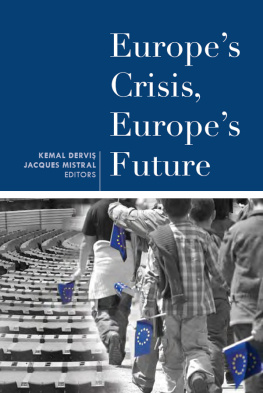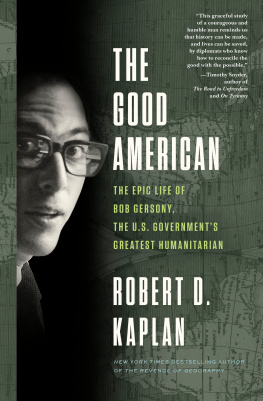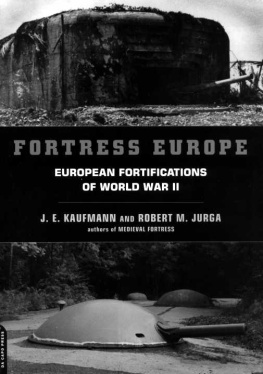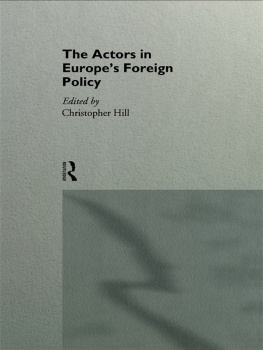Kaplan - In Europes shadow : two cold wars and a thirty-year journey through Romania and beyond
Here you can read online Kaplan - In Europes shadow : two cold wars and a thirty-year journey through Romania and beyond full text of the book (entire story) in english for free. Download pdf and epub, get meaning, cover and reviews about this ebook. City: New York, Romania, Rumænien, year: 2016, publisher: Random House Publishing Group, genre: Politics. Description of the work, (preface) as well as reviews are available. Best literature library LitArk.com created for fans of good reading and offers a wide selection of genres:
Romance novel
Science fiction
Adventure
Detective
Science
History
Home and family
Prose
Art
Politics
Computer
Non-fiction
Religion
Business
Children
Humor
Choose a favorite category and find really read worthwhile books. Enjoy immersion in the world of imagination, feel the emotions of the characters or learn something new for yourself, make an fascinating discovery.
In Europes shadow : two cold wars and a thirty-year journey through Romania and beyond: summary, description and annotation
We offer to read an annotation, description, summary or preface (depends on what the author of the book "In Europes shadow : two cold wars and a thirty-year journey through Romania and beyond" wrote himself). If you haven't found the necessary information about the book — write in the comments, we will try to find it.
Robert Kaplan first visited Romania in the 1970s, when he was a young journalist and the country was a bleak Communist backwater. It was one of the darkest corners of Europe, but few Westerners were paying attention. What ensued was a lifelong obsession with a critical, often overlooked countrya country that, today, is key to understanding the current threat that Russia poses to Europe. In Europes Shadow is a vivid blend of memoir, travelogue, journalism, and history, a masterly work thirty years in the makingthe story of a journalist coming of age, and a country struggling to do the same. Through the lens of one country, Kaplan examines larger questions of geography, imperialism, the role of fate in international relations, the Cold War, the Holocaust, and more.
Here Kaplan illuminates the fusion of the Latin West and the Greek East that created Romania, the country that gave rise to Ion Antonescu, Hitlers chief foreign accomplice during World War II, and the country that was home to the most brutal strain of Communism under Nicolae Ceauescu. Romania past and present are rendered in cinematic prose: the ashen faces of citizens waiting in bread lines in Cold Warera Bucharest; the Brgan Steppe, laid bare by centuries of foreign invasion; the grim labor camps of the Black Sea Canal; the majestic Gothic church spires of Transylvania and Maramure. Kaplan finds himself in dialogue with the great thinkers of the past, and with the Romanians of today, the philosophers, priests, and politiciansthose who struggle to keep the flame of humanism alive in the era of a resurgent Russia.
Upon his return to Romania in 2013 and 2014, Kaplan found the country transformed yet againnow a travelers destination shaped by Western tastes, yet still emerging from the long shadows of Hitler and Stalin. In Europes Shadow is the story of an ideological and geographic frontierand the book you must read in order to truly understand the crisis Europe faces, from Russia and from within.
Praise for In Europes Shadow
[A] haunting yet ultimately optimistic examination of the human condition as found in Romania . . . Kaplans account of the centuries leading up to the most turbulent of allthe twentiethis both sweeping and replete with alluring detail.Alison Smale, The New York Times Book Review
This book reveals the confident, poetical Kaplan . . . but also a reflective, political Kaplan, seeking at times to submerge his gift for romantic generalization in respectful attention to the ideas of others.Timothy Snyder, The Washington Post
A serious yet impassioned survey of Romania . . . Kaplan is a regional geographer par excellence.The Christian Science Monitor
Kaplan is one of Americas foremost writers on the region. . . . In a series of deep dives into the regions pastByzantine, Ottoman, Habsburg and Soviethe finds parallels and echoes that help us understand the present.The Wall Street Journal
Kaplan moves seamlessly from sights, sounds, and conversations to the resonance of history.Foreign Affairs
Kaplan: author's other books
Who wrote In Europes shadow : two cold wars and a thirty-year journey through Romania and beyond? Find out the surname, the name of the author of the book and a list of all author's works by series.

